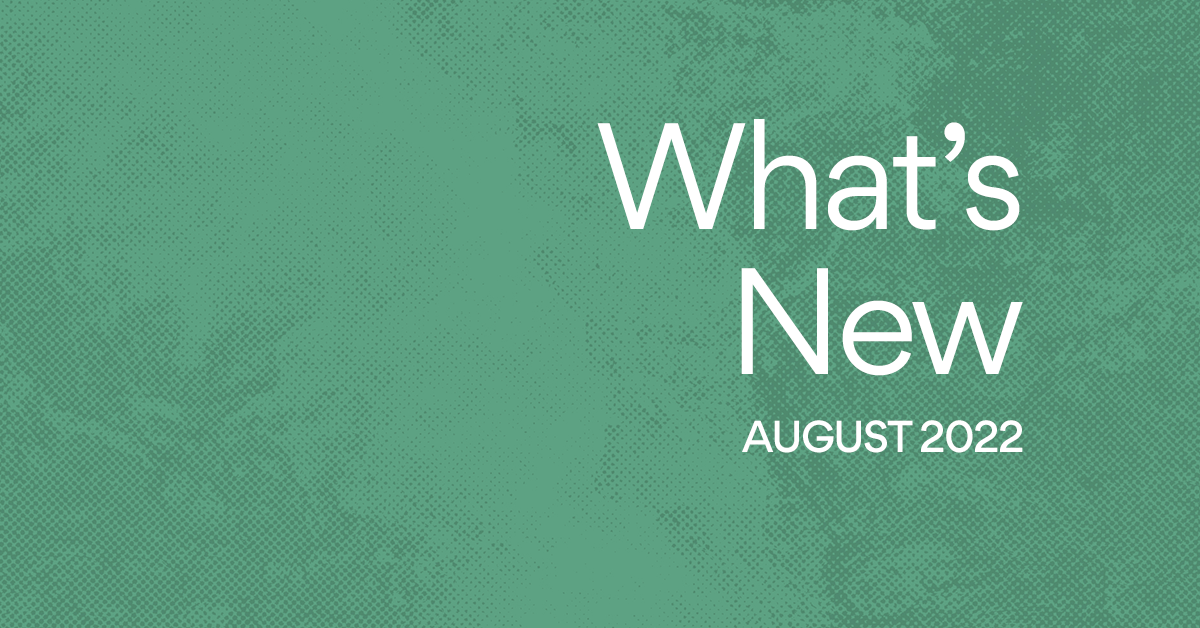Unlock data to improve team efficiency with Universal Reporting
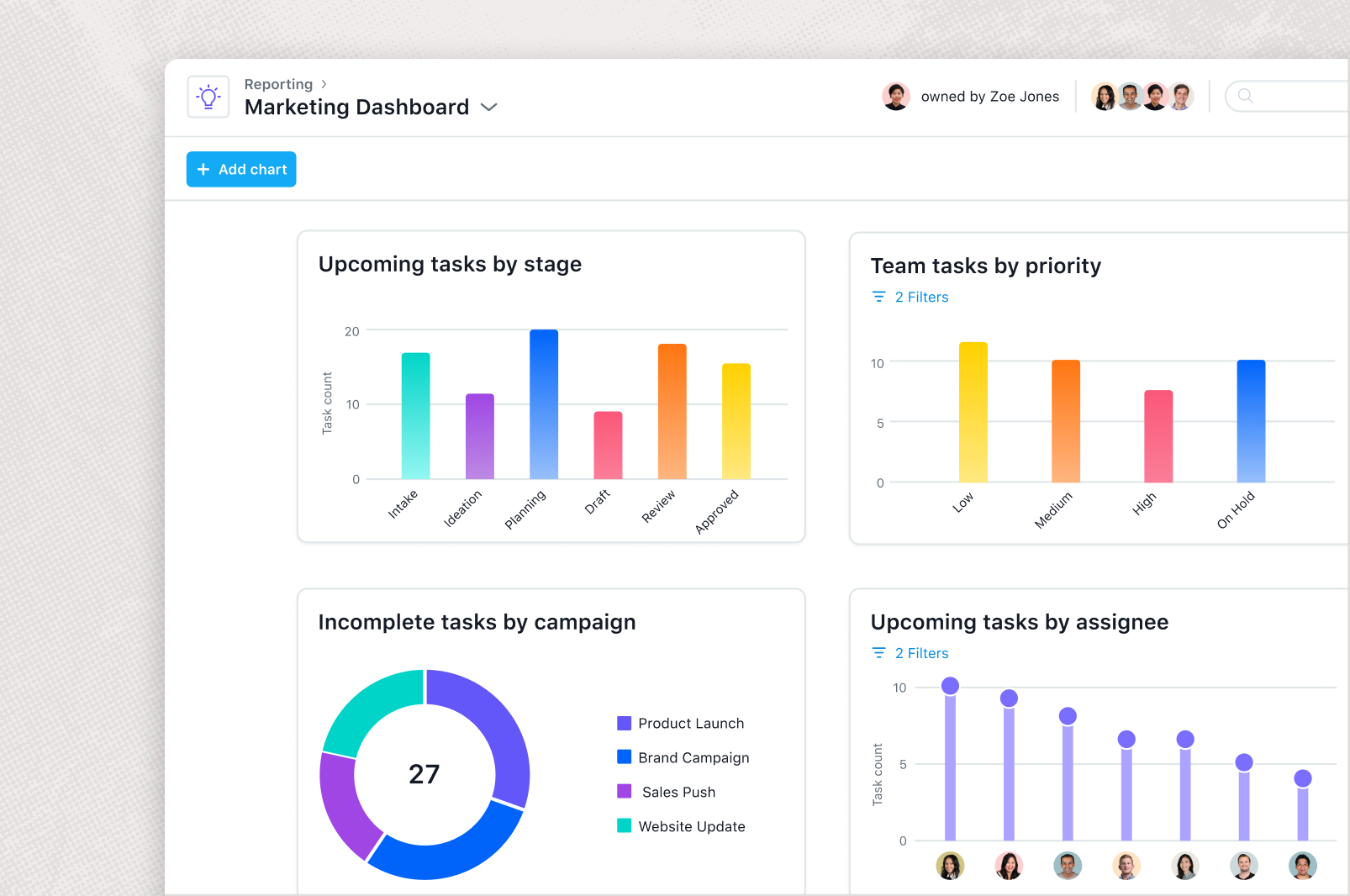
Read this article in French, German, Portuguese, Spanish, Traditional Chinese, Russian, Dutch, Polish, or Japanese.
In today’s world of big data, we have incredible amounts of information. How many people saw a particular ad and how many proceeded to click? Which campaigns brought in the most pipeline and what percentage of those deals closed? Through data, we can find the answers to all of these questions.
Yet, with all the dashboards, spreadsheets, and analysts we have at our fingertips, one question is difficult to answer: How well is your team working towards achieving their goals?
That’s where Universal Reporting comes in. With this feature, leaders now have a reporting tool connected directly to the work that’s happening in their team. By doing so, leaders can now finally answer the question: What is the state of work in my organization, right now?
With Universal Reporting, you can now gain insight and take action on your most critical initiatives in these four ways:
Spot—and fix—issues early
Universal Reporting gives leaders like you a bird’s-eye view of how your team is tracking against large, complex initiatives. Are projects ahead of schedule or running behind? With a holistic view of all the work your team is doing, you can spot issues and redirect time and energy as needed. Rather than dealing with issues as they arise, you can now be more proactive, ensuring smoother work.
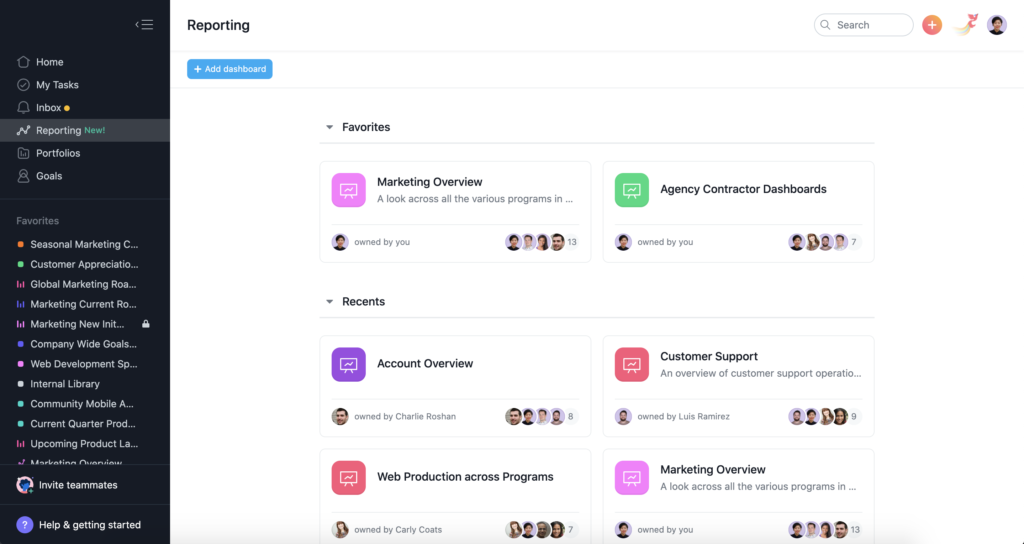
Know where work stands
It’s Monday morning, and your CEO just asked how a big project is tracking and if it is still on budget. You and your team proceed to spend the next day digging for answers. Although, in theory, it should be simple to know the status of work on key initiatives, it often isn’t. Work gets spread out between different spreadsheets, docs, emails, and messages. Collating that information—and making sure the information you gathered is, in fact, the most up-to-date and accurate—is often an extremely cumbersome task.
However, Universal Reporting makes it as simple as running a report or glancing at your dashboard—saving you and your team time and stress. You can even share the dashboard with your CEO so they can see for themselves how work is progressing. If something is off, you can dive right into that project, see what’s happening, and help resolve issues before they get too big.
Precisely distribute work
As a people manager, one of the hardest parts of the job is making sure that you’ve distributed work evenly and sustainably. Distributing work well is extremely important—7 in 10 knowledge workers reported experiencing burnout in 2020.
Universal Reporting makes work distribution a precise activity. With data about how heavy or light a team member’s workload is across all projects, you can appropriately divvy up work between your team—making sure no one is either under-utilized or burnt out. Having this type of data also makes it easier for you to advocate for extra contractors or more headcount for your team if everyone is struggling for balance.
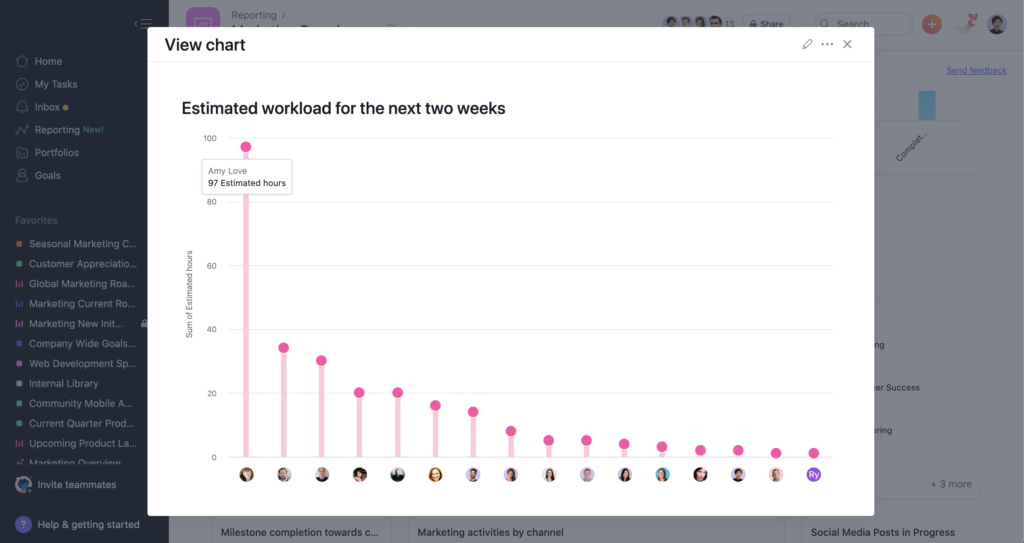
Keep track of budgets
Going over budget on a project is common and can be problematic. However, the bigger the project, the harder it can be to avoid. Universal Reporting lets you keep an eye on your budget as you are spending money—in real time.
Rather than holding your breath and hoping for the best when you open an invoice, by keeping track of money as you spend it you’ll always know if you’re on budget or not. If it looks like you’re spending too much money too fast, you can then decide if you need to ask for a budget increase or if you need to decrease the scope of the project. Either way, with the information at hand, you can decide on the best next step to take instead of reacting once you’ve sealed the deal.
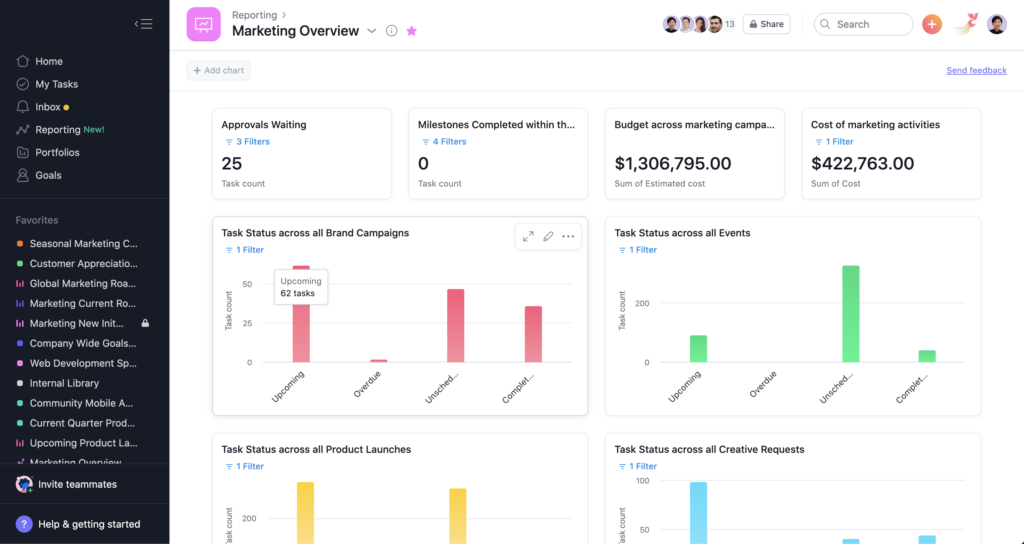
See Universal Reporting in action
Want to see Universal Reporting in action? Join us on June 29th at 10am PT for a webinar, Universal Reporting: How to get 360 degree visibility into your organization’s work.
